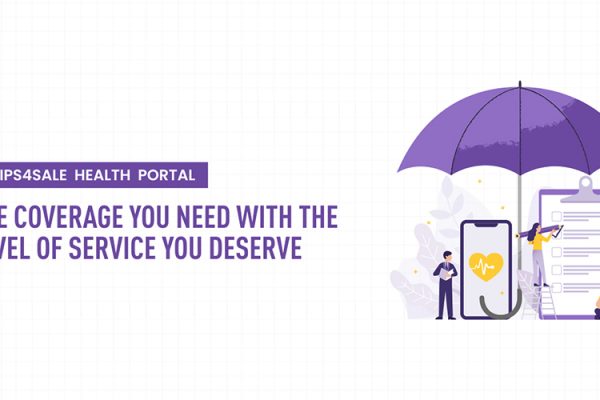Researchers at the University of Illinois Chicago’s (UIC) College of Nursing recently published a brand new study demonstrating how healthcare providers can implement “patient-centered care” for sex workers that tries to eliminate social stigma and promote understanding.
“Focus on culturally safe healthcare provision presents needs beyond individualized, or even community-level, interventions,” suggests the study. “Ongoing provider training and inbuilt, systemic responsivity to patient needs and contexts is crucial to patient-centered care.”
The study is entitled “Feeling Safe, Feeling Seen, Feeling Free: Combating stigma and creating culturally safe care for sex workers in Chicago.” The editorial board at the online open-source research journal PLOS ONE accepted and published the final variation of the study’s narrative analysis.
Study contributors include Randi Beth Singer, Natasha Crooks, Phoenix Matthews, and Crystal Patil — all researchers at the UIC College of Nursing. Other researchers involved in the study include experts in adolescent and young adult health from the DePaul University College of Science and Health, the Ann & Robert H. Lurie Children’s Hospital of Chicago, University of Wisconsin-Milwaukee College of Nursing, the John Hopkins Bloomberg School of Public Health and the Northwestern University Feinberg School of Medicine.
Summary of Findings
The findings from the study are based on interviews conducted among sex workers in the Chicago Metropolitan Area, around Cook County, Illinois. Central to their findings, the researchers found that healthcare for this class of individuals requires “holistic wellness exercises, accessible pay sales for services, and destigmatizing healthcare praxis.”
Participants from the research interviews indicate that there’s a gap to identify sex-worker-safe care providers. This would run counter to the behavior among sex workers seeking safe access to care by lying about health histories and falsifying their personal self-narratives.
Self-care routines are also identified, including yoga and meditative activities, to serve as a supposed alternative to primary health care service. “Themes of self-management practices, stigmatizing and culturally unsafe experiences with healthcare providers, and the prohibitive cost of healthcare emerged as consistent barriers to routinely accessing healthcare,” the study’s results suggest. “Despite identifying patient-centered care as a desired healthcare model, many participants did not report receiving care that was respectful or culturally responsive.”
“Themes also included developing strategies to identify sex worker-safe care providers, creating false self-narratives and health histories in order to safely access care, and creating self-care routines that serve as alternatives to primary care,” it was also reported.
Interview participants had an average age of 32 years. 45 percent identified as white, 20 percent as black, 15 percent as Latinx and 20 percent as multi-racial. At least 80 percent of the interview participants identified as queer. 52 percent identified as cisgender women, 33 percent as transgender or gender fluid, 10 percent as cisgender men and 5 percent declined to provide further identifying information.
According to the study, the framework to attract and interview participants took place from April 2020 to June 2020, during the peak of COVID-19. Participants were “passively recruited through clinic-based flyers, social media (i.e., Twitter, Facebook, Instagram), private community list serves, and actively recruited via word-of-mouth referrals.”
To be eligible to participate in the study, participants had to be aged 18 years or older, exchange sexual activity for something of value (including money) in the past twelve months, live in the Chicago area, speak and understand English and be willing and able to provide informed consent.
Interesting!
—
Michael McGrady is a contributor to YNOT and YNOT Cam.
Header image via Pexels here.










